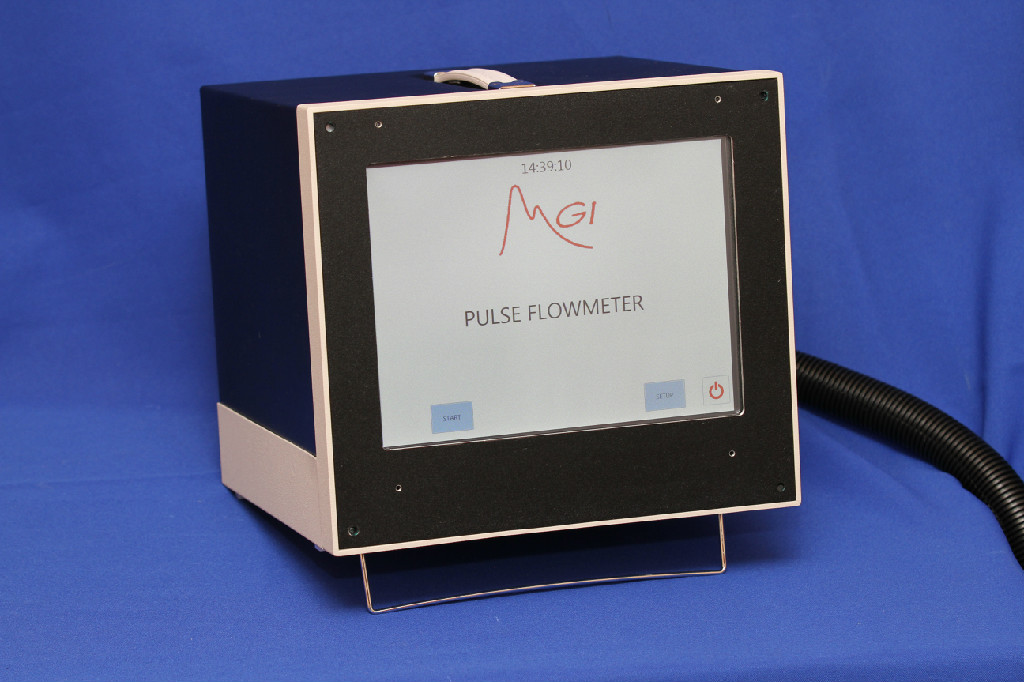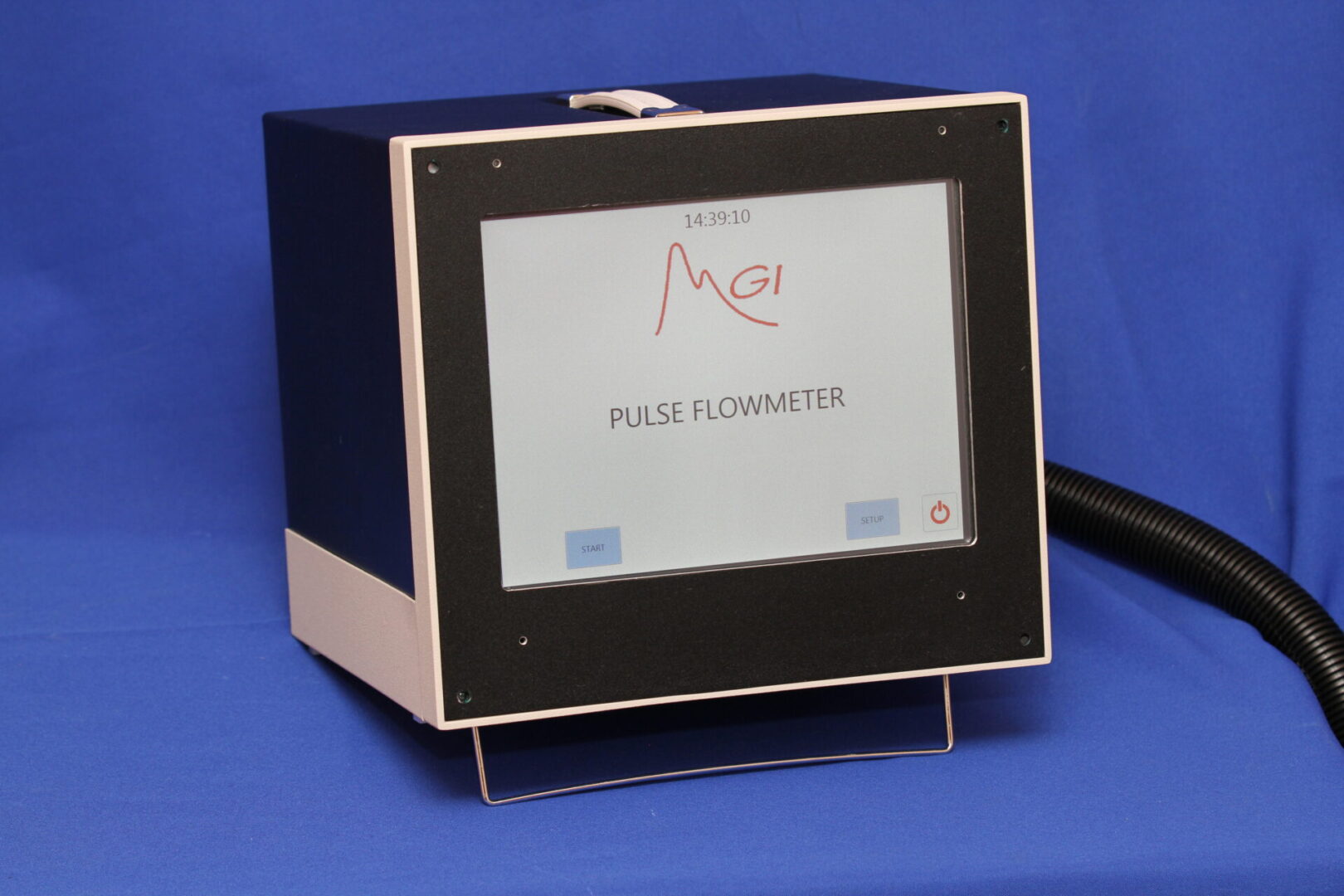THE MGI PULSE FLOWMETER

Overcoming the Limitations of Conventional Hemodynamic Monitoring
The First Noninvasive Device to Assess Blood Circulation
Detect Early Signs of or ongoing signs of Hemorrhage Using a new Technology
Welcome to the MGI Medical website.
MGI Medical has developed the first monitor for noninvasive, continuous assessment of peripheral blood flow. It was developed for the early detection of blood loss and heart failure. It may have other medical applications as well.
AT THIS TIME, THE PULSE FLOWMETER IS BEING SOLD FOR RESEARCH APPLICATIONS ONLY
The Principals:
is a pediatric cardiologist and instrumentation engineer who invented the technology. He received his bachelor’s degree in Electrical Engineering from MIT, his MD from the University of Michigan, and his MBA from the Haslam School of Business at the University of Tennessee. He holds 21 medical device patents. (Click to see detailed CV)
has 30 years of experience in the medical device industry. He got his BS in electrical engineering from the New Jersey Institute of Technology in 1987 and his master's degree in biomedical engineering from the New Jersey Institute of Technology in 1997. Since 1986, he has worked at General Devices, a leader in Medical Communications technology, where he is now the President and CEO. (Click to see detailed CV)
has 24 years of experience in the medical device industry. He received his bachelor’s degree in electrical engineering from Farleigh Dickenson University in 1992. Since then he has had a number of positions at General Devices where he is now the director of engineering. (Click to see detailed CV)
has 20 years of experience in the medical device industry. He got his MS and MS in electrical engineering from the University of Science and Technology in China in 1991 and 1994 respectively. He received his Ph.D. in biomedical engineering at Rutgers University in 2001. Since 2003, Dr. Zhu has been the Senior Manager of Software Development at General Devices. (Click to see detailed CV)

